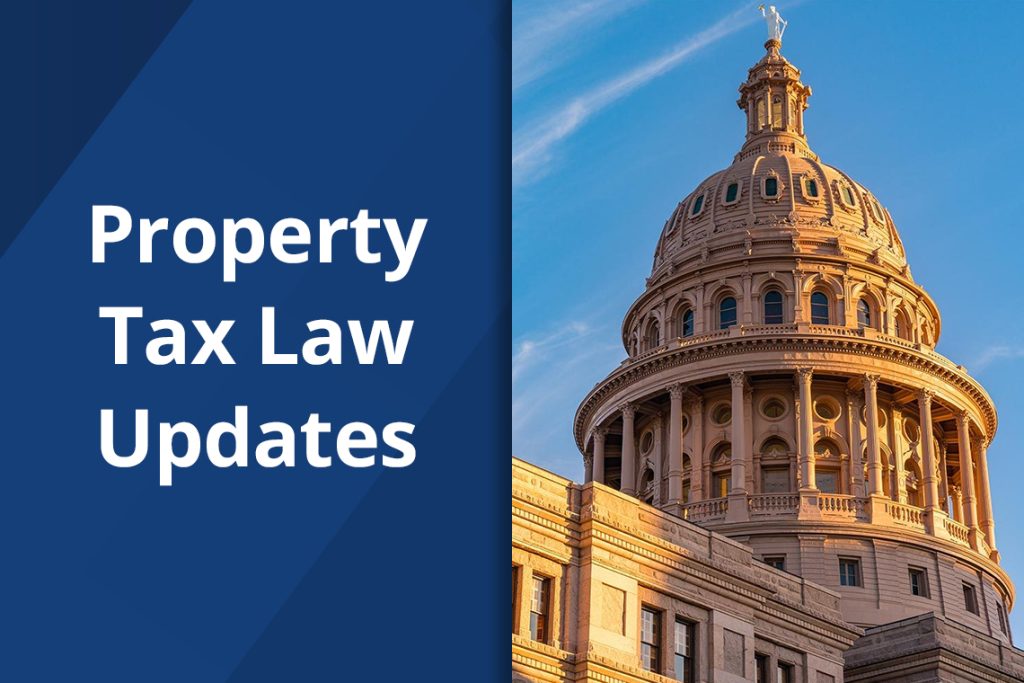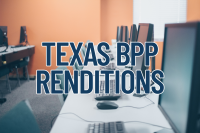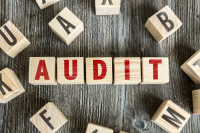What Is Business Personal Property (BPP)?

Here’s what you need to know about business personal property (BPP):
- BPP is tangible, non-real property used for business purposes.
- BPP valuations are determined annually by the county appraisal district.
- A BPP rendition form must be completed every year by April 15.
- Gill, Denson, & Company can assist with rendition filings and potentially reduce BPP taxes owed.
What Is Business Personal Property (BPP)?
Business personal property (BPP) is the tangible personal property of an individual or business that is for “business use.” That means any moveable, non-real property you (or your business) use to produce income is considered BPP. In Texas, intangible personal property is not subject to BPP taxes. For example, software on a business computer would not be included in the total taxable value, but the computer itself could be taxable. Some common examples of taxable business personal property are:
- Business vehicles
- Business inventory
- Computers & servers
- Office furniture & fixtures
- Office & warehouse equipment & machines
- Any equipment used in manufacturing, processing, or mining
Who Must File a BPP Rendition?
Any business or individual who owns tangible personal property used to produce income as of January 1st of each year must file a rendition.
How Much Are BPP Taxes?
The amount owed is based on your rendition filing and/or the appraisal district’s estimation of the current value of the taxable property multiplied by the applicable property tax rate. Exemptions are available for some types of BPP, such as the freeport exemption and the exemption for non-profit organizations.
When Are BPP Renditions Due?
You must file a BPP rendition with the county appraisal district every year by April 15 for BPP owned on January 1 of that taxable year. Not filing a rendition can be an expensive mistake that incurs a 10% penalty fee on top of taxes owed.
How Do I File a BPP Rendition?
You can either use the BPP rendition form created by the Texas comptroller or use your own custom form. There are requirements for what must be included in your BPP rendition, including your “Good Faith” estimate of value. You can also hire a professional company to handle this for you, often for a small fee. Gill, Denson & Company assists with rendition filings, so you don’t need to worry about which personal property to report or be charged a late fee.
How to Reduce BPP Taxes
If the county has determined a value for your BPP that is above market value, you could significantly reduce your BPP property tax bill by protesting your valuation. One of the most important aspects of reducing BPP taxes is sorting out the taxable, tangible items from the non-taxable, intangible items. Gill, Denson, & Company has a team of tax experts ready to assist in this process to help you reduce your BPP tax liability.
When Are BPP Taxes Due?
They are due on January 31st of each year, which is the same as property taxes for real property.
Business personal property taxes don’t need to be a nuisance every year. Work with Gill, Denson, & Company Tax Advisors to have peace of mind and confidence knowing your business is compliant and your annual tax burden is minimized.









